Top Class Actions’s website and social media posts use affiliate links. If you make a purchase using such links, we may receive a commission, but it will not result in any additional charges to you. Please review our Affiliate Link Disclosure for more information.
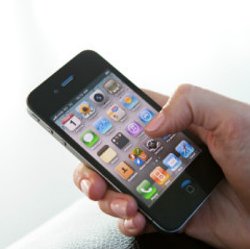
Apple argued in the hearing that the sale of the phones and the sale of the service plans for the phones were conducted as part of a single transaction by consumers, so no aftermarket existed.
Apple’s attorney asked U.S. District Court Judge Yvonne Gonzalez Rogers to end the case by issuing a summary judgement, claiming that the purchase of iPhones and AT&T services constituted an “interconnected transaction” until 2011, when other carriers provided service for the iPhone.
In its summary judgment motion, Apple cited the 1992 U.S. Supreme Court ruling in Eastman Kodak Co. v. Image Technical Services Inc., saying that aftermarket antitrust claims can only be brought if there is a “significant temporal and economic” gap between the time of purchase of the main product and the aftermarket product.
“We’re talking about taking the ‘after’ out of the aftermarket. [The transactions] were simultaneous and intertwined. There is no basis to think consumers wouldn’t understand fundamentally that they were getting an AT&T service contract if they were getting an iPhone,” Apple’s representative stated.
Apple’s counsel further argued that it was common knowledge that iPhone users would be limited to AT&T’s services until 2011 when Verizon started offering mobile services for the phone. He claimed that there’s no way the plaintiffs who brought the case would not have known that they were required to have a two-year contract with AT&T when they purchased their phones in 2009, seeing that AT&T services were the only ones available to activate the cellular capabilities of the iPhone.
Plaintiffs Zack Ward and Thomas Buchar originally brought the suit against Apple in 2012 claiming that the exclusivity agreement between Apple and AT&T that was meant to be in place for five years violated antitrust laws. Apple ended the agreement in 2011 when Verizon Wireless began selling mobile services for the iPhone, according to the plaintiffs.
According to the plaintiff’s attorney, when Ward and Buchar signed the contract, there was no evidence that they knew they would be bound to stay with AT&T for more than two years and would be giving up their right to terminate the agreement.
“What they could have learned if they went out on their own and sought to find information, both our economists discuss the cost and burden and unlikelihood that consumers would do that,” the plaintiff’s counsel stated. “That’s why Apple’s summary judgment motion breaks down on that point.”
The plaintiffs cited a 2008 Ninth Circuit decision on Newcal Industries v. Ikon Office Solution that said the plaintiffs have shown a relevant aftermarket that meets criteria laid out in the court’s decision. They argued that based on the expert analysis conducted by two economists, the plaintiffs would be able to prove that the market was indeed a “product market” encompassing all reasonably interchangeable economic substitutes.
“The iPhone voice and data service – that’s the product Apple set up with AT&T. They made it impossible for anyone else to compete with them,” the plaintiffs’ attorney asserted.
When Judge Gonzalez Rogers asked if the purchases of the AT&T services and the iPhone occurred simultaneously, plaintiff counsel stated that the timing didn’t matter. He said Apple argued that the two transactions occurred close together in time but there has not been a court ruling establishing a minimum difference in time that had to be observed.
Judge Gonzalez Rogers pointed out that there also was no court ruling that supported the plaintiffs’ position.
In June 2015, after Judge Gonzalez Rogers dismissed the case for failing to include AT&T as a defendant named in the suit, the Ninth Circuit sent the case back to her, saying that the plaintiffs were not required to include all potential co-conspirators in the alleged antitrust unless they had an identifiable interest in the case.
Apple filed a motion to dismiss the lawsuit in September 2015, and asked for summary judgement on Feb. 2, 2016. Apple consumers pushed back against Apple’s attempts to end the lawsuit shortly thereafter.
The plaintiffs are represented by Francis M. Gregorek, Rachele R. Rickert, Mark C. Rifkin, Alexander H. Schmidt, and Michael Liskow of Wolf Haldenstein Adler Freeman & Herz LLP.
The Apple iPhone Antitrust Class Action Lawsuit is Zack Ward, et al. v. Apple Inc., Case No. 4:12-cv-05404, in the U.S. District Court for the Northern District of California, Oakland Division.
UPDATE: On March 22, 2017, a federal judge ruled that this Apple antitrust class action lawsuit will continue after one narrow legal theory just managed to slip past the defendant’s motion for summary judgment.
UPDATE 2: On Feb. 16, 2018, a California federal judge denied certification to a class action lawsuit alleging an exclusivity agreement between Apple and AT&T locked iPhone users into using AT&T’s voice and data service even after their agreements with the wireless provider expired or were otherwise terminated.
ATTORNEY ADVERTISING
Top Class Actions is a Proud Member of the American Bar Association
LEGAL INFORMATION IS NOT LEGAL ADVICE
Top Class Actions Legal Statement
©2008 – 2024 Top Class Actions® LLC
Various Trademarks held by their respective owners
This website is not intended for viewing or usage by European Union citizens.




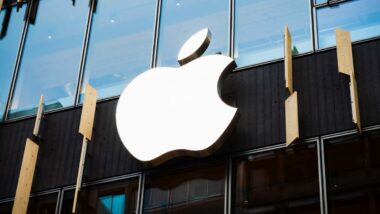
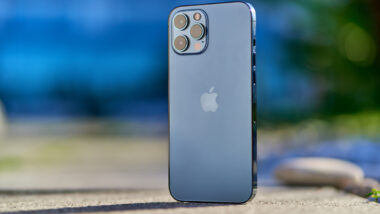
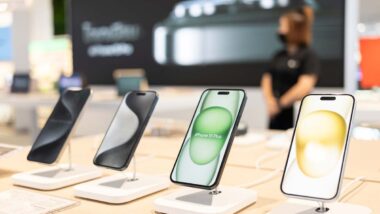
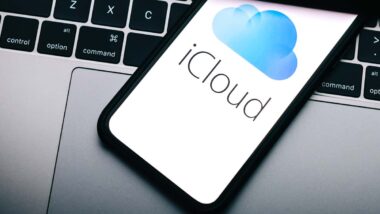
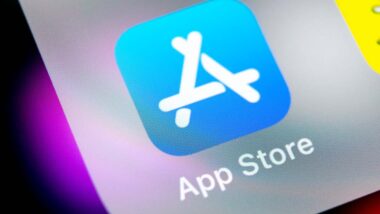
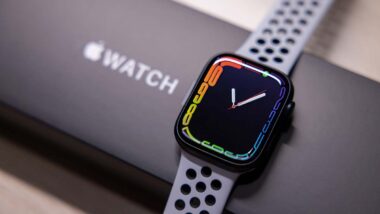

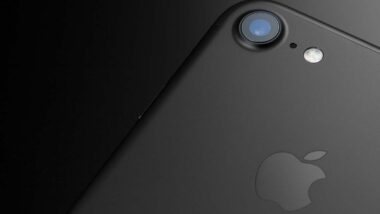
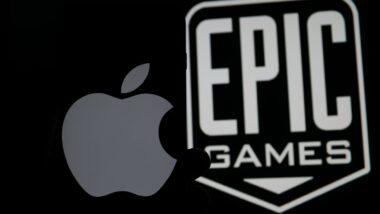
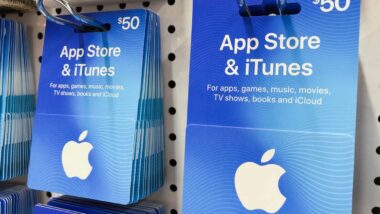

One thought on Apple Wants iPhone Antitrust Class Action Dismissed
UPDATE: On March 22, 2017, a federal judge ruled that this Apple antitrust class action lawsuit will continue after one narrow legal theory just managed to slip past the defendant’s motion for summary judgment.